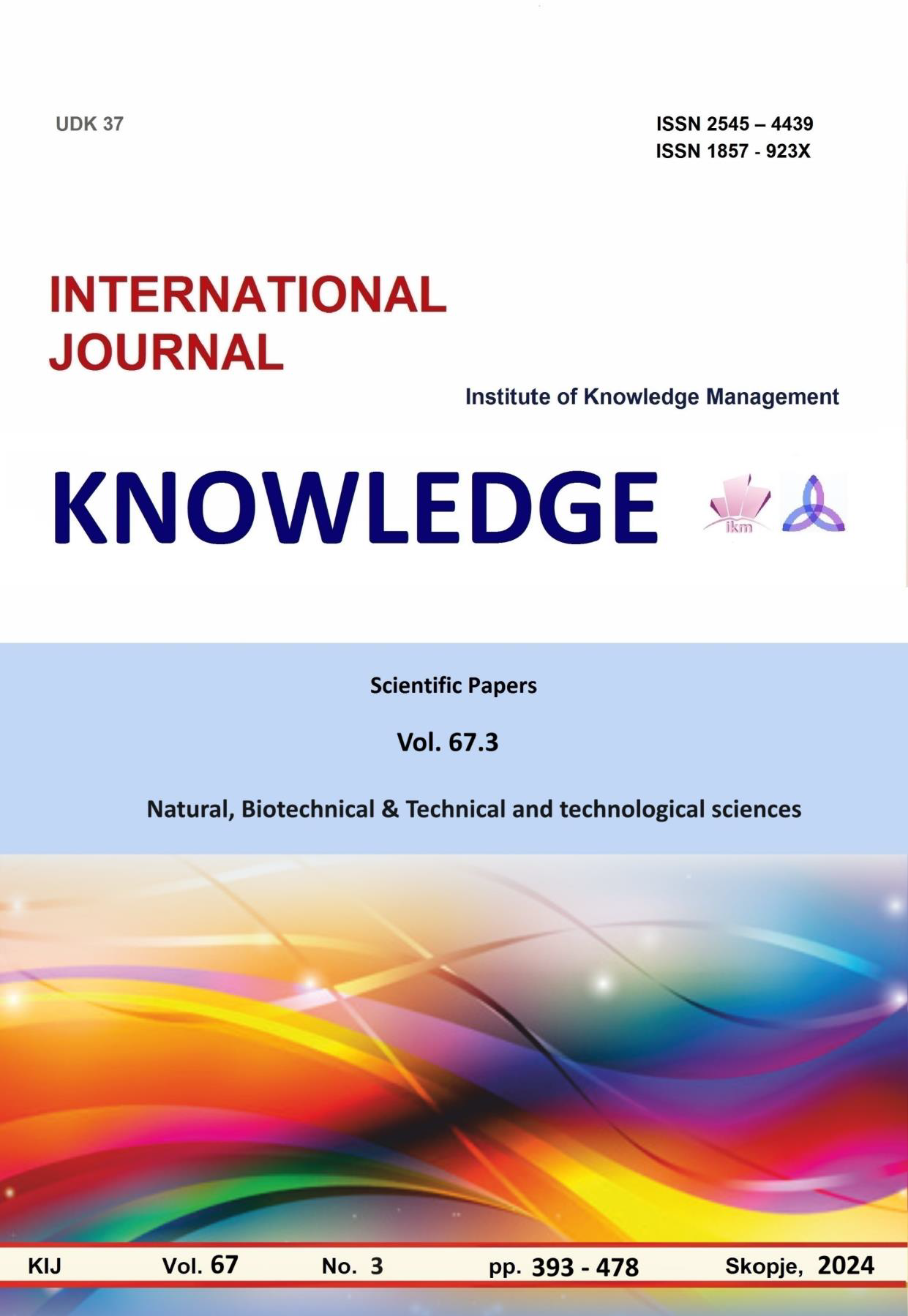ETHNOZOOLOGICAL INSIGHTS INTO ANIMAL-DERIVED NON-TIMBER FOREST PRODUCTS IN NORTH MACEDONIA
ETHNOZOOLOGICAL INSIGHTS INTO ANIMAL-DERIVED NON-TIMBER FOREST PRODUCTS IN NORTH MACEDONIA
Author(s): Besnik Rexhepi, Xhezair AbdijaSubject(s): Economy, Energy and Environmental Studies
Published by: Scientific Institute of Management and Knowledge
Keywords: Ethnozoology;NTFPs;North Macedonia
Summary/Abstract: Тhis study explores the cultural, ecological, and economic significance of animal-derived non-timber forest products (NTFPs) in North Macedonia, highlighting their roles in biodiversity conservation and local livelihoods. Despite the rich biodiversity of the region, previous research has largely neglected the use and cultural practices surrounding animal-origin NTFPs. Through qualitative methods, including in-depth interviews with 30 stakeholders—hunters, fishermen, teachers, local sellers, students, and park rangers—this research identified 43 animal species used for various purposes such as food, medicine, and cosmetics. Apis mellifera (honeybee) emerged as the most significant species with a Fidelity Level (FL) of 93.33%, underscoring its ecological and cultural importance. Other notable species included Helix pomatia and Capreolus capreolus, valued for their dietary and functional uses. The study emphasizes the intergenerational transmission of traditional knowledge and its integration into sustainable biodiversity management frameworks. Findings reveal that community-based conservation strategies rooted in local practices can enhance ecological stewardship while preserving cultural heritage. This research provides a foundational understanding of animal-derived NTFPs in North Macedonia and advocates for interdisciplinary approaches to conservation and sustainable resource management.
Journal: Knowledge - International Journal
- Issue Year: 67/2024
- Issue No: 3
- Page Range: 453-458
- Page Count: 6
- Language: English

